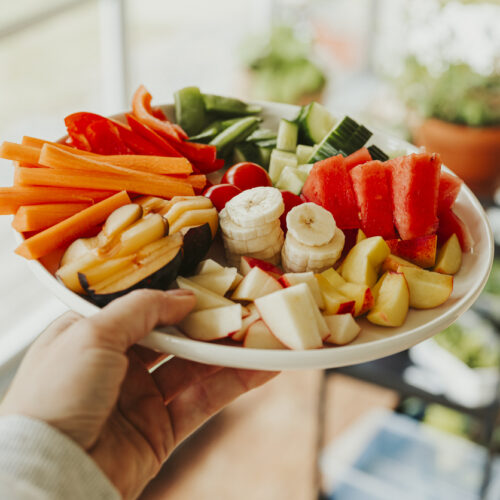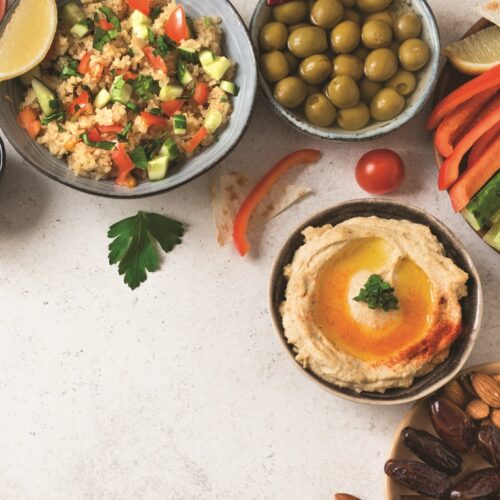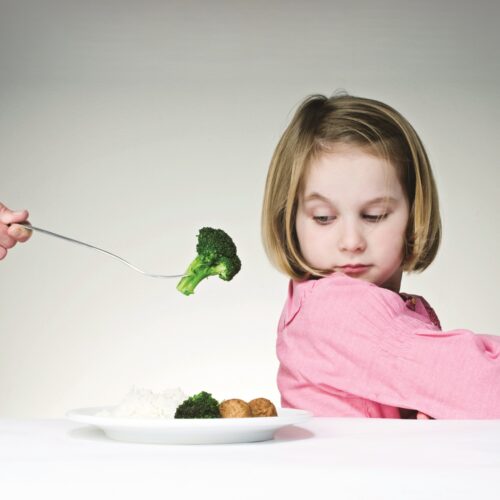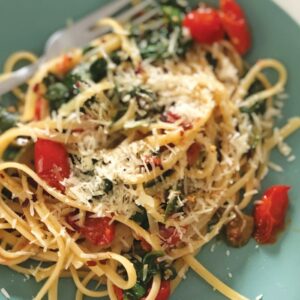
We’re in the midst of Olympic fever right now. Isn’t it fun watching all those amazing athletic achievements; people pushing their bodies to the limits of strength, agility and endurance and accomplishing breath-taking feats?
I find it so inspiring to see what humans can do if they focus their energy and talent. It’s a wonderful reminder of what the human body is capable of (although obviously not all human bodies!).
I’ve been fascinated to read some of the things elite Olympic athletes eat to stay in peak performance mode. Achieving world-beating performances requires a dedicated attention, of course, to everything that goes into the body. What interests me is that it’s not all about high-tech foods like protein bars and shakes, but often more ordinary, simple foods. Jamaican sprinter Yohan Blake, the 100-meter world champion, says he eats 16 bananas a day to keep up his stamina. US gymnasts eschew sports drinks in favour of chocolate milk as a recovery drink after training, for its carbohydrate and protein content.
The NHS website reports that a heavy-weight rower needs to consume 6,000 calories (25,200 kilojoules!) for a day when training, including a ‘second breakfast’ after morning training (eggs, baked beans, bacon, mushrooms and grainy toast) and a dinner including grilled meat or fish, 6-7 potatoes, a bagel and a large portion of vegetables, followed up with fruit, yoghurt and a big drink of water. Looking at the rundown for the day, it would appear when they’re not training, rowers need to spend their time eating to get all the energy they need!
Of course, it would be a bad idea for the couch potatoes (aka Olympics enthusiasts) among us to think that we can adopt our Olympic heroes’ eating habits. Sitting at a desk all day sadly requires a fraction of the energy intake of a pro athlete. What we can adopt, though, is the attitude that we get out what we put in. Despite their massive calorie intakes, you don’t read about top level athletes pigging out on junk food. What they know is that good quality, healthy foods make us feel better and perform better, no matter what we spend our days doing. I know how I feel if I have even a few days of less-than-ideal eating – sluggish, cranky, bloated and tired! I’m sure it’s not all psychological. In fact, I am confident the one and only thing I have in common with Olympic athletes is that I perform better when I put in good quality fuel.
So while there’s a good chance I will toast our Kiwi athletes’ medal-winning achievements with a glass of wine and a tasty nibble or two, I’ll be remembering that old but very true saying that applies to all of us: you are what you eat.
Like to comment? How are the Olympics inspiring you? Do you think what you eat directly affects how you feel? We’d love to hear from you.
www.healthyfood.com










